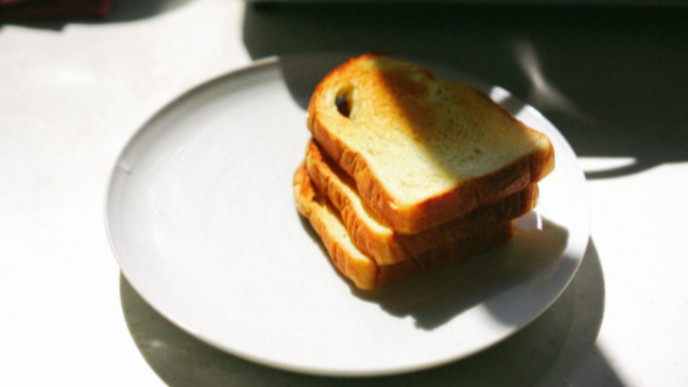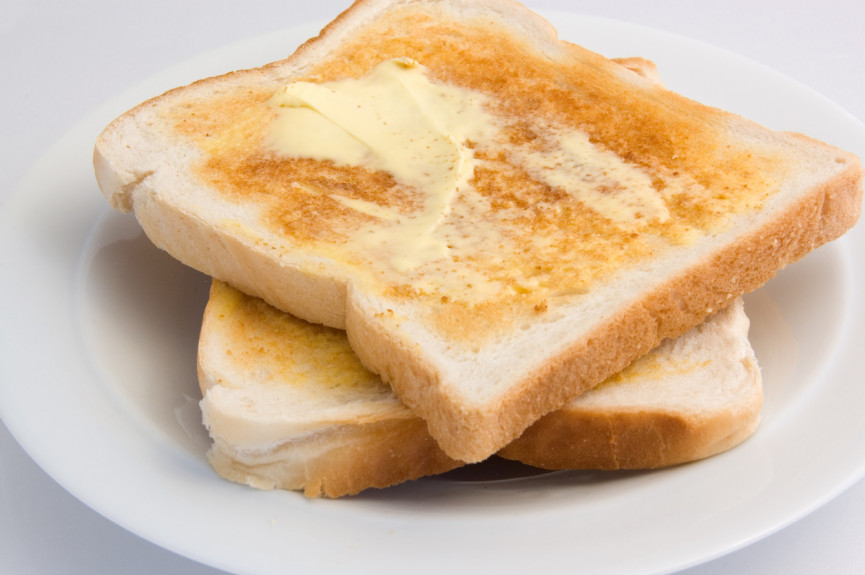Burnt toast could be as dangerous as traffic fumes, says science
Bad news for those who like their toast well done

Get exclusive shortlists, celebrity interviews and the best deals on the products you care about, straight to your inbox.
You are now subscribed
Your newsletter sign-up was successful
Debates have long raged about the ‘correct’ way to eat toast. Do you like yours only lightly toasted, barely warm and barely crispy? Do you like it golden and crunchy?
Or, like some, do you like it burned to an absolute crisp?
But beyond it tasting absolutely revolting, we now have an extra reason to not cremate our toast – it could be actively dangerous for us.
That’s according to new research from the University of Texas in Austin, which found that fumes from burned food could be “as harmful as traffic fumes”.
Researchers built a replica of a three bedroom house which they used to “assess how air quality changed during everyday activities such as cooking and cleaning”.
And it found a number of dangerous substances in the air.
“When you make toast, the heating element starts warming up the debris and gunk in the toaster which includes oils,” Marina Vance, head researcher, said.
Get exclusive shortlists, celebrity interviews and the best deals on the products you care about, straight to your inbox.
“Add to that the bread itself — it’s going to emit a range of things. We found ethanol, a by-product of yeast. If there’s tiny pieces of bread touching the heating element you can see the smoke, maybe from crumbs at the bottom of the toaster — they will all make a lot of particles.”
“It led to what would be considered ‘very unhealthy’ air pollution levels if compared to outdoor air quality standards.”

Products like vinyl flooring can also pollute “indoor and outdoor air”, the research found.
If you want to mitigate the impact of the substances, researchers say, you should “try to use fewer cleaning or personal care products”. Vance also recommended “ventilating the kitchen while cooking”, ensuring that you use the exhaust hood on your stove when you cook.
And “something as simple as washing your hands before you eat can help mitigate the health impact of chemically treated products,” she continued, as well as checking what’s in the products you’re using.
“Ask what’s in it. See if you can get more information. It’s pressure from the public that helps bring awareness to some of the manufacturers and can raise more interest in understanding what we’re using and what the potential risks are.”
Image: Unsplash